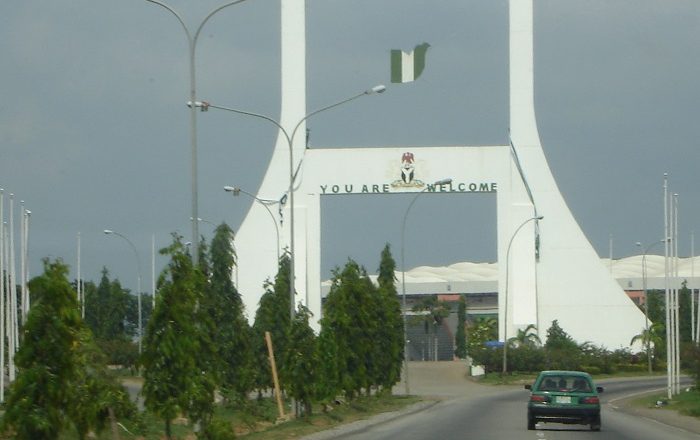The Resource Centre for Human Rights & Civic Education (CHRICED) has called on the Federal Government to immediately stop the demolition and conversion of sacred indigenous sites in the Federal Capital Territory (FCT) into luxury estates and commercial hubs. The group raised the alarm during a cultural rally in Abuja marking the 2025 United Nations International Day of the World’s Indigenous Peoples, warning that the practice is erasing centuries-old heritage and displacing ancestral custodians.
CHRICED Executive Director, Ibrahim Zikirullahi, described the gathering as more than a symbolic gesture, saying, “This rally is an act of resistance. It is a reclamation of space—physical, political, and cultural. It is a demand for justice. We call on the Nigerian government, development partners, and civil society to act with urgency and integrity. We demand land restitution and fair compensation for displaced communities, political inclusion through affirmative representation, and economic empowerment through targeted investments, education, and job creation.”
Coordinator of the coalition of FCT Indigenous Associations, Comrade Shittu Shidawa, echoed the concerns, insisting on political recognition, legal protections, and the restoration of ancestral lands. “Today, Nigerians are pushing fellow Nigerians out of their ancestral land. This is unacceptable,” he said. Shidawa shared personal experiences of marginalisation, including how the lack of proper recognition on official platforms like the JAMB portal had limited career prospects for many indigenous youths in professions such as engineering and medicine.
Shidawa also cited the 1999 Constitution, proposing a governance framework that would give indigenous communities authority over the Federal Capital Sector (FCS) while maintaining the Federal Capital City (FCC) as a separate administrative entity.
Africa Director of the MacArthur Foundation, Dr. Kole Shettima, commended CHRICED and other indigenous organisations for their commitment to advocacy, stressing that cultural recognition must go hand-in-hand with political and economic empowerment. “As Nigeria prepares for the 2027 elections, land restitution, political inclusion, and economic empowerment must be key priorities for all stakeholders,” he said.



